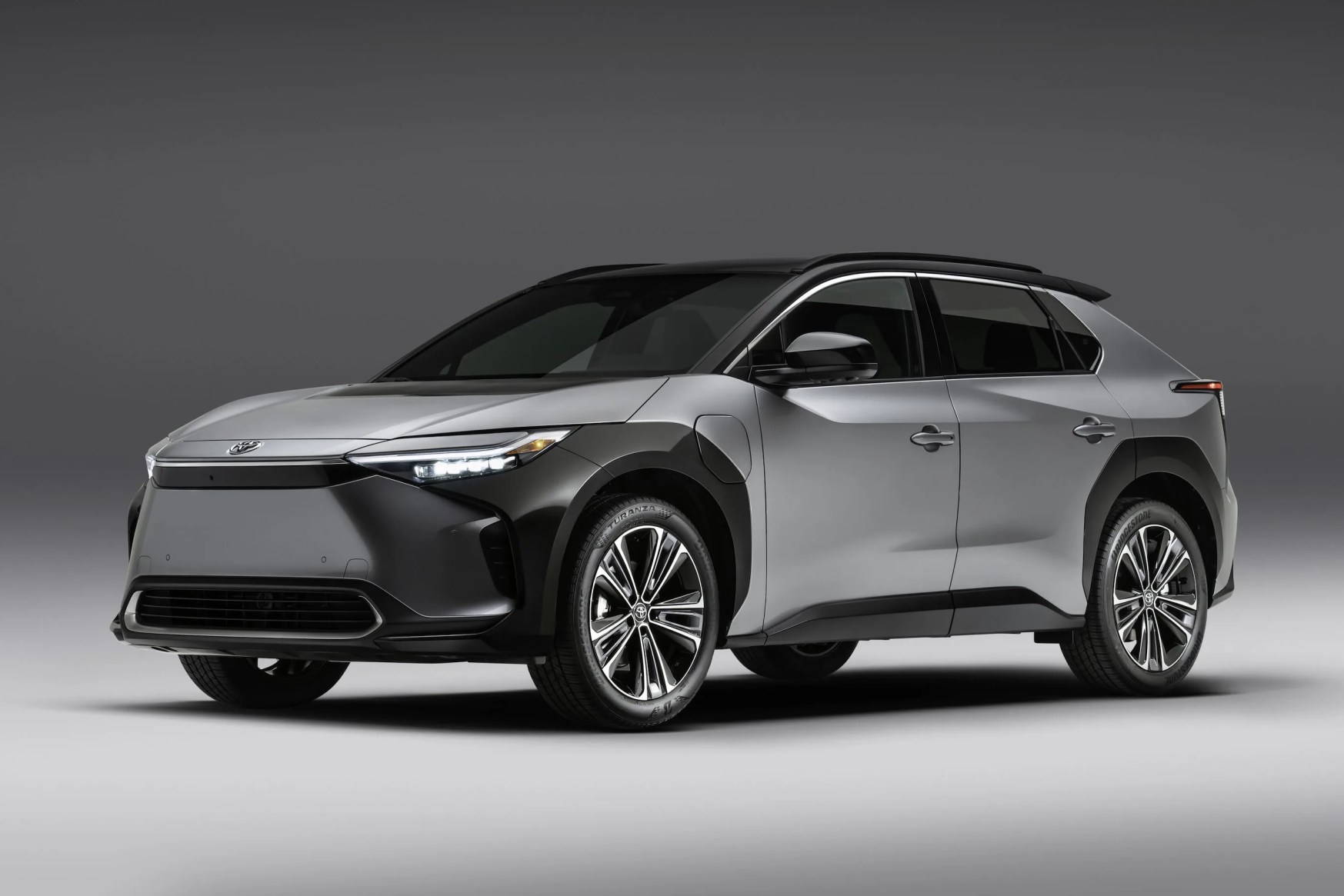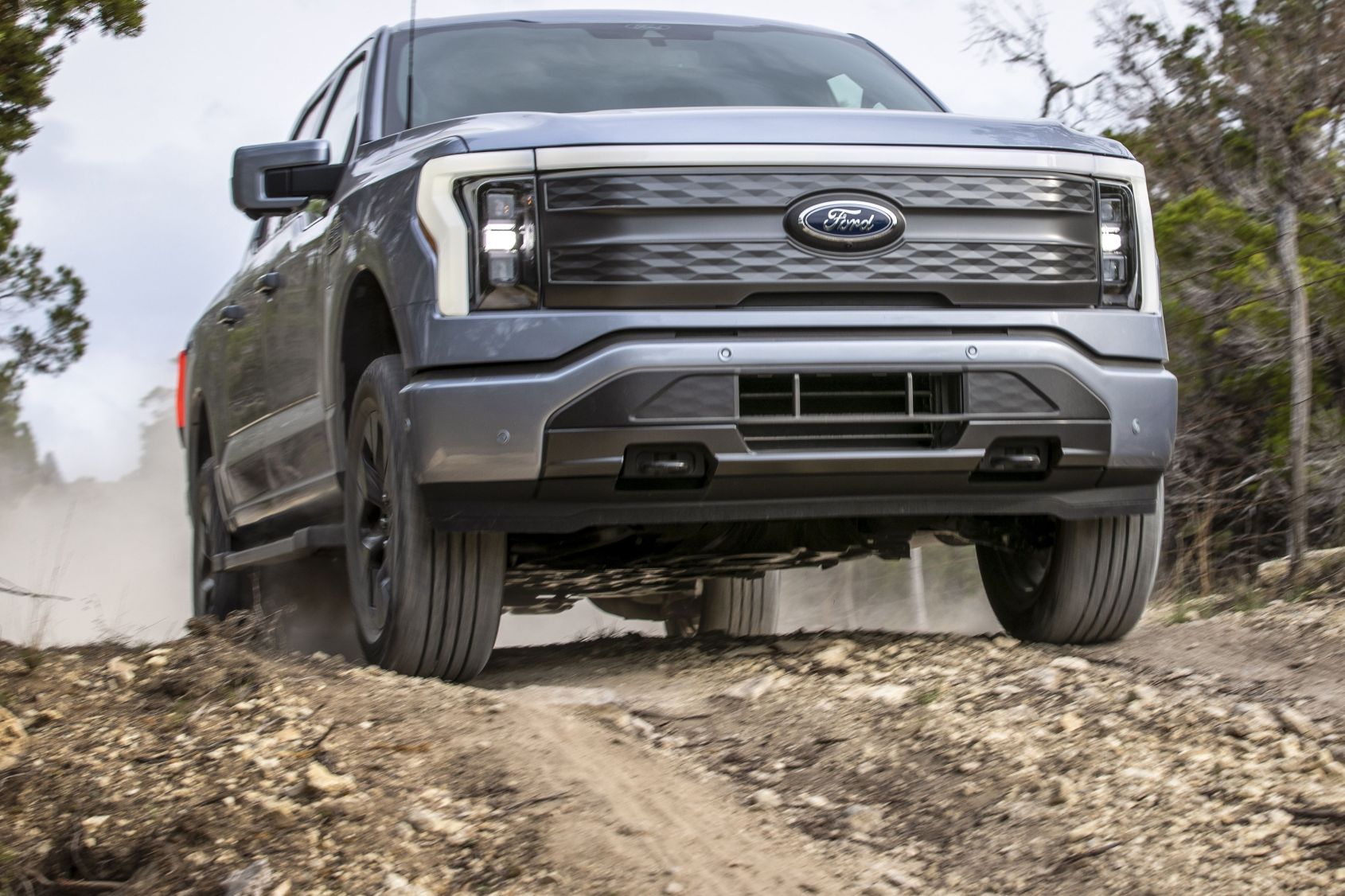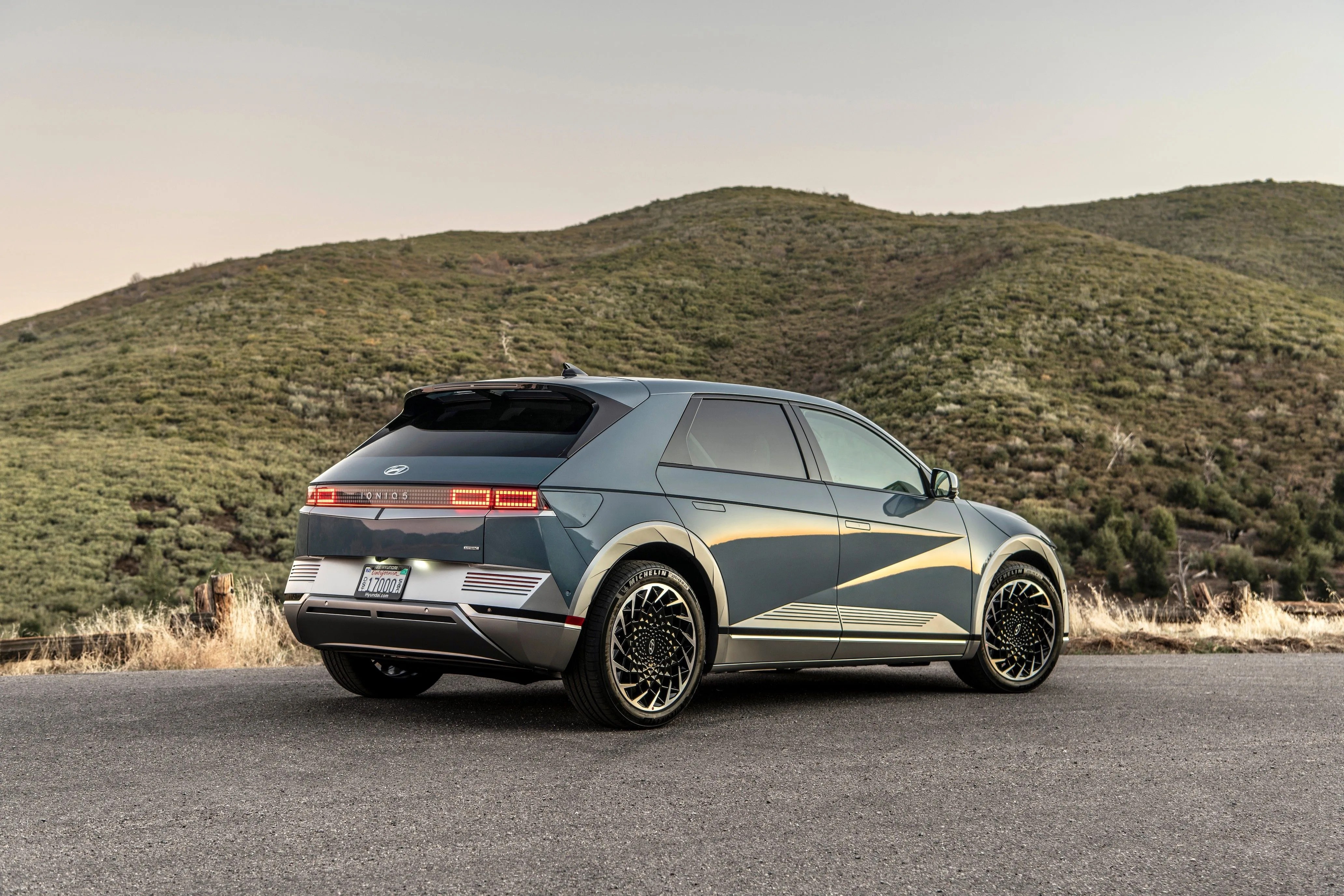Conventional wisdom has long held that buying a car is better than leasing one. Buying a car means making a higher monthly payment in the short term. But you don’t have to keep paying for a new vehicle in perpetuity and you receive an actual asset on the back end.
The car world, however, is entering perhaps the most significant change in its history with the switch to electric propulsion. A lot of conventional car wisdom will be turned on its head. And right now, particularly with electric vehicles, it may be a better idea to lease than buy. Here’s why.
EVs are going to conquer the car market
We know EVs will take over for combustion vehicles. It won’t happen overnight; combustion cars will linger in the market for decades. But eventually, the vast majority of vehicles will be electric. And we know battery tech is in its infancy. Future EV batteries will be less costly and cumbersome, deliver longer range and charge more quickly.
 toyota
toyotaBut no one knows what that means for the used car market yet
What we don’t know about the EV transition is how and when it will play out and — significantly, if you are buying — how it will affect used car values. It’s possible EVs could hold value like classic combustion cars. But it’s also possible that used EVs with degrading batteries will plummet in value like your old iPhone. Huge developments like Toyota implementing solid-state batteries could be far more impactful than a new charging port and an upgraded camera.
Leasing an EV lets you escape that uncertainty
If you’re buying an EV, you will obtain a future asset. But you have no idea how valuable that car will be in five years and to whom. Leasing an EV lets you offload that uncertainty to the dealer and reenter a more mature EV market in a few years when there should be more and more affordable EV options.




